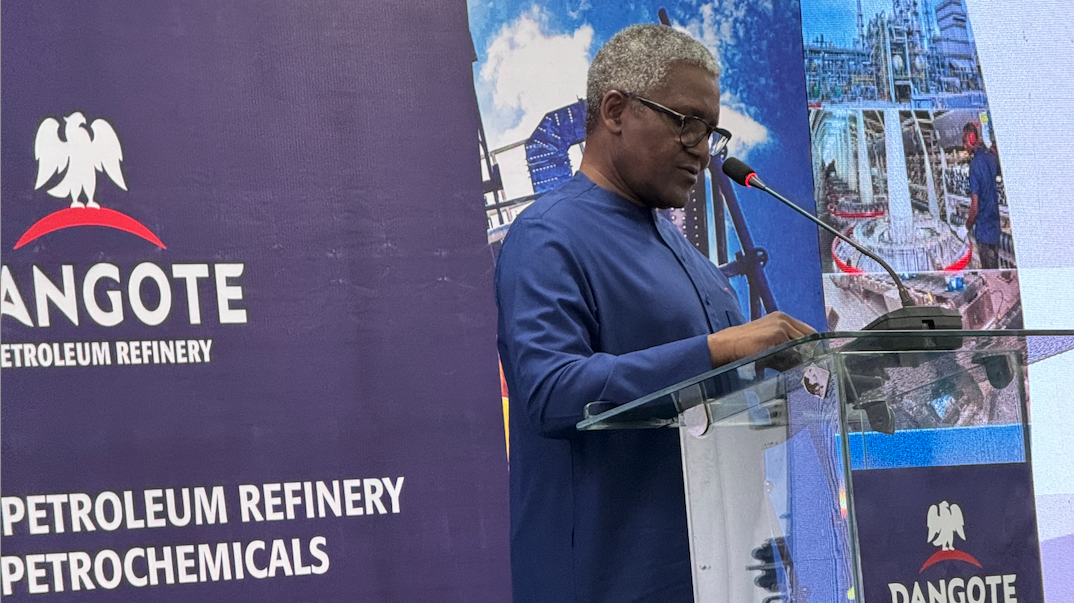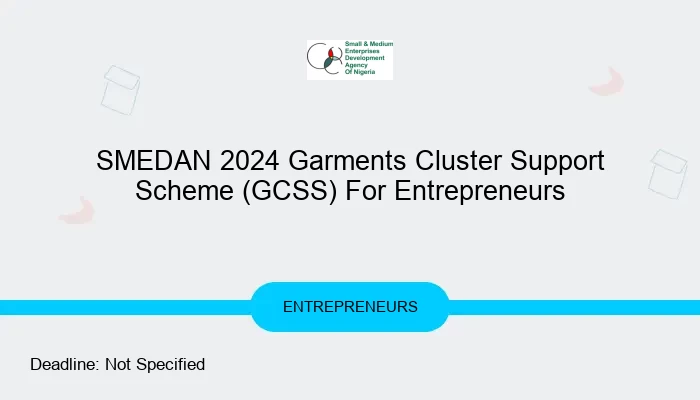Place your adverts here on InfoDig @ low rates; banner ads, sponsored links and guest articles etc. Contact us
…Nigeria to unlock 146,000 bpd
…three other divestment deals get FG’s nod
Seplat Energy Plc saw its shares soar to a record high on Monday after the Nigerian government officially approved the company’s acquisition of ExxonMobil’s local assets, a move expected to significantly enhance the country’s energy landscape.
This sale has faced prolonged regulatory delays since its announcement in February 2022.
Data tracked by BusinessDay revealed that the indigenous energy company’s share price rose by 9.9 percent to N5, 738 – an all-time high as at 6 pm on Monday.
On the London Exchange (LGX), the share price of Seplat increased by 11.90 percent to $236, from $210 reported on October 18, 2024. This development shows investors’ optimism about the potential for increased revenues and production capacity, reinforcing Seplat’s status as a leading independent oil and gas company in Nigeria.
Clementine Wallop, director for sub-Saharan Africa at Horizon Engage, a consultancy firm, said the approval of Exxon’s transaction was “good news for the Nigerian government and for investors in the energy space, after a long wait that has caused uncertainty.”
Implication of Seplat/Exxonmobil deal
Based on the 2020 data, the deal is expected to boost Seplat’s production to 146,000 barrels of oil equivalent per day (boepd), and see its proven and probable liquids reserves jump from 241 million barrels to 650 million barrels.
Its proven and probable gas reserves will increase by 14 percent from 1.5 trillion to 1.7 trillion cubic feet, with a further 2.9 trillion cubic feet (tcf) to be tapped.
Once this transaction is wrapped up, Seplat will become the second-largest E&P independent on the London Stock Exchange after Harbour Energy. Its shares also trade on the Nigerian exchange.
Experts say that Seplat Energy’s latest move will thrust local oil companies to substantially improve indigenous companies’ capacities and capability to become more active in the sector by scaling up production capacity and flexing their financial muscles when necessary.
Read also: Here is what to expect as FG approves ExxonMobil, three other deals
“Dollar revenues earned by indigenous producers feed into the local banking system through savings and loan repayments,” said Luqman Agboola, head of energy and infrastructure at Sofidam Capital.
Nigerian banks find oil and gas business attractive because of their huge capital outlays, large intraday cash flows (in the case of downstream companies), and sizable foreign currency inflows (in the case of upstream and midstream companies).
According to Seplat, the cash consideration payable under the transaction will be funded through a combination of existing cash resources and credit facilities of the company along with a new $550 million senior term loan facility and $275 million junior off-take facility.
Global financing syndicate comprising Nigerian and international banks as well as commodity trading companies will also play a role in the funding of this transaction, details of the transaction seen by BusinessDay showed.
In Africa’s biggest oil-producing country, indigenous energy companies’ ability to service debts is extremely vital to Nigeria’s banking industry.
Other deals
The Nigerian government, on Monday, announced that of the five divestment applications received for consent, four companies successfully passed regulatory tests and secured ministerial consent.
Gbenga Komolafe, chief executive, Nigerian Upstream Petroleum Regulatory Commission (NUPRC), disclosed this at the Commission’s launch of its project 1MMBOP initiative in Abuja on Monday.
According to the NUPRC CEO, the approved deals are Eni’s divestment of Nigerian Agip Oil Company (NAOC) to Oando Plc, and Equinor Nigeria Energy Company Limited’s divestment to Project Odinmin Investments Limited.
Others are the TotalEnergies-Telema Energies deal and ExxonMobil’s sale of Mobil Producing Nigeria Unlimited (MPNU) to Seplat Energy.
NUPRC said the four deals have also received ministerial consent.
However, he said the divestment of Shell Petroleum Development Company Limited’s assets to Renaissance Africa Energy Company Limited could not scale regulatory test.
Read also: Here’s how much ExxonMobil, Chevron paid foreign governments for oil exploration
“Currently, we have processed four of the transactions and four of them have received ministerial consent,” he said.
He explained that divestment, for the Nigerian government, is an acknowledged practice and within the right of investors in business decisions globally. “In recognition of this, as a nation, Nigeria is fully committed to the philosophy of free entry and free exit as further re-iterated by our dear President.
“The NUPRC in operationalising this principle, developed seven regulatory pillars to guide divestment in the upstream oil sector for sanity and protection of national interest.”
In his remarks, Heineken Lokpobiri, minister of state for Petroleum Resources (oil), said the government is making efforts through policies to raise oil output, noting that based on records, it is producing 1.7 barrels per day, including condensates.
He urged the NUPRC to speed up efforts to boost production, stressing that efforts should be geared towards surpassing the one-million-barrel target. For him. Nigeria, going forward, should be categorised among the countries that are overproducing.
“I want to go to OPEC and argue why Nigeria is given 4 million bpd, a country of 200 million. But we have not even done the four million.
“What are we are doing now that is making us still underperform? What new investments do we need to make? First of all, we can go back to 2.4 million barrels that Nigeria achieved during COVID-19. And I’ve always been told that the infrastructure is there.
“Do we have alternative ways of evacuation? As a government, we are doing everything humanly possible by providing all the relevant incentives to the industry players so that we can optimise production.
“When we came to the Minister of Petroleum Resources, my objective was to see how we can ramp up production. And we are on that project. We are gradually, gradually increasing production.
“So today, my challenge to NUPRC is that, look, your project of one million barrels in the next one to two years is unacceptable. Nigeria cannot wait another two years for us to add another 1 million barrels. That is too long,” Lokpobiri said.
Also speaking, Ekperikpe Ekpo, minister of state, Petroleum (Gas), assured the NUPRC of its unwavering support to boost gas production.
Ekpo said that Nigeria needs to harness its gas resources as the country transitions to the use of cleaner fuel like compressed natural gas (CNG) to power vehicles.
Ekpo harped on the critical role that the country’s abundant gas resources would play in ensuring energy sufficiency and providing revenue for the government.
He said the Petroleum Industry Act (PIA) has remained the instrument driving all the reforms that the NUPRC and other industry agencies have initiated.
“The PIA has empowered the NUPRC to drive reforms and make policies in line with the energy transition goals and economic diversification,” the gas minister added.

 2 hours ago
37
2 hours ago
37














 English (US) ·
English (US) ·